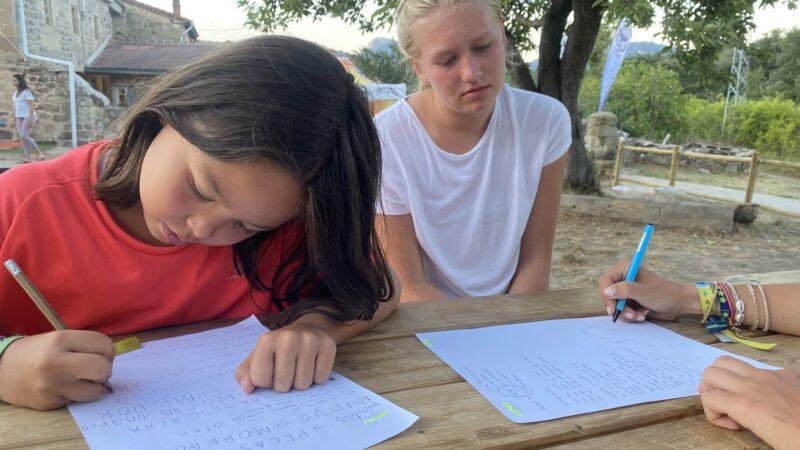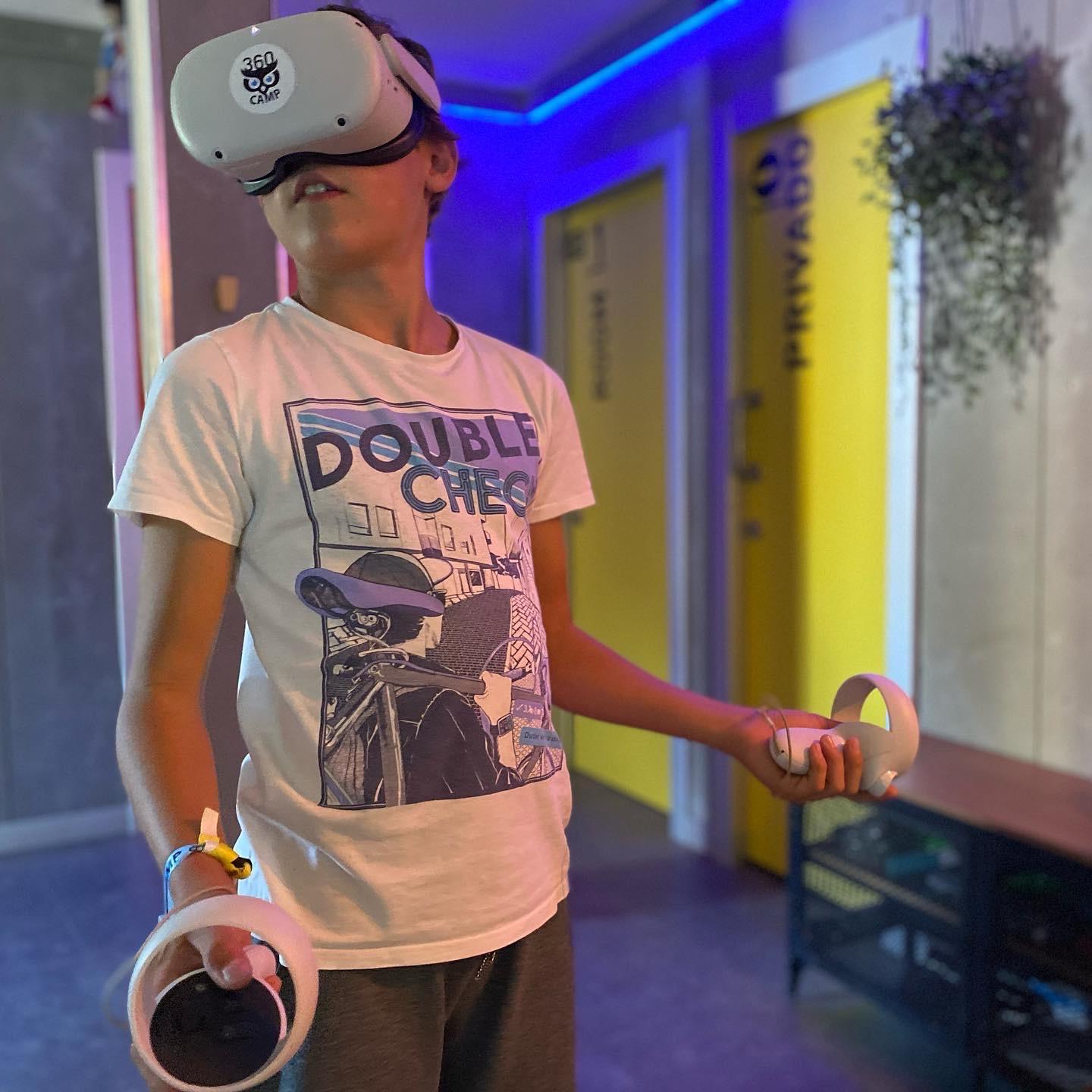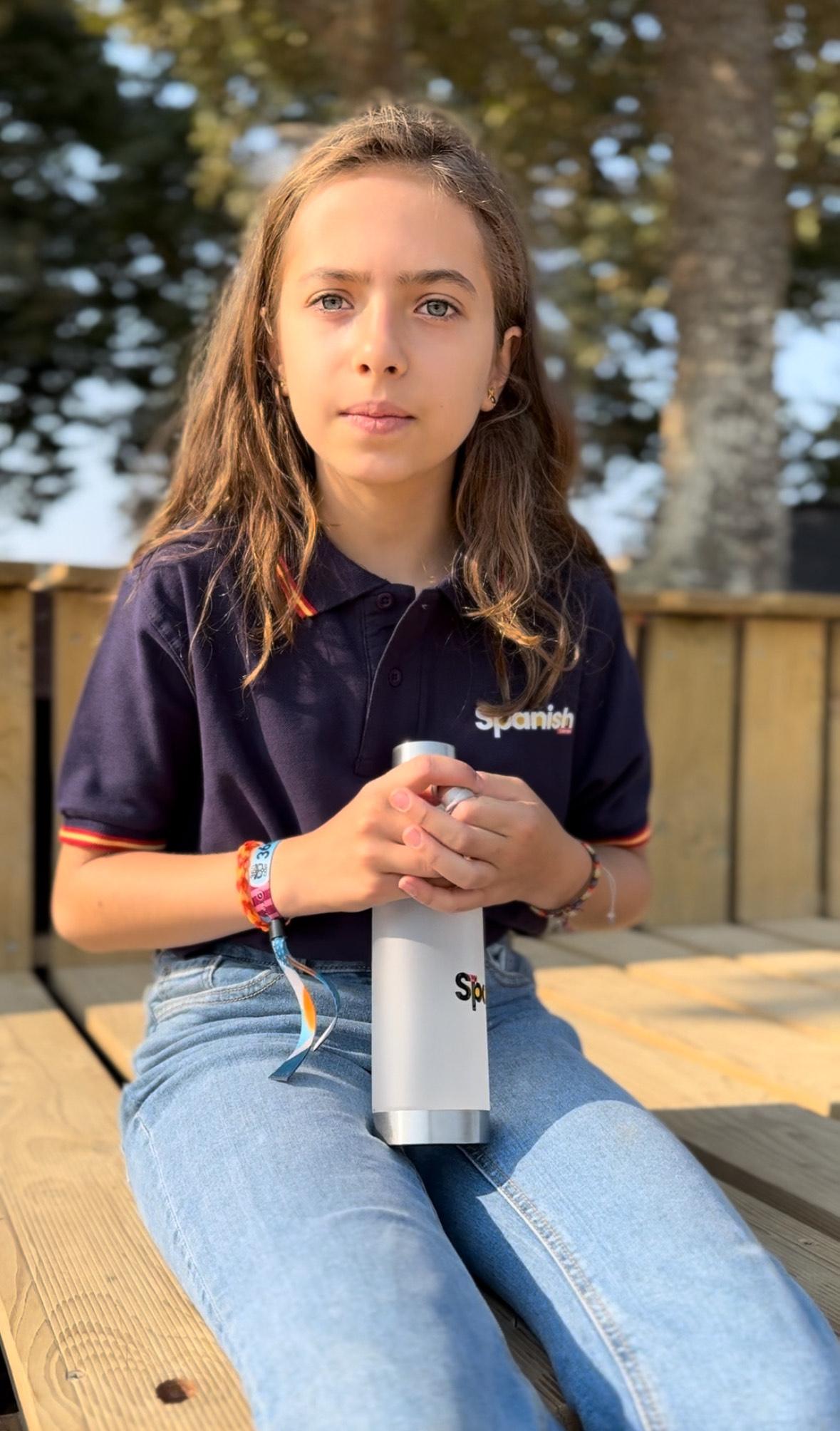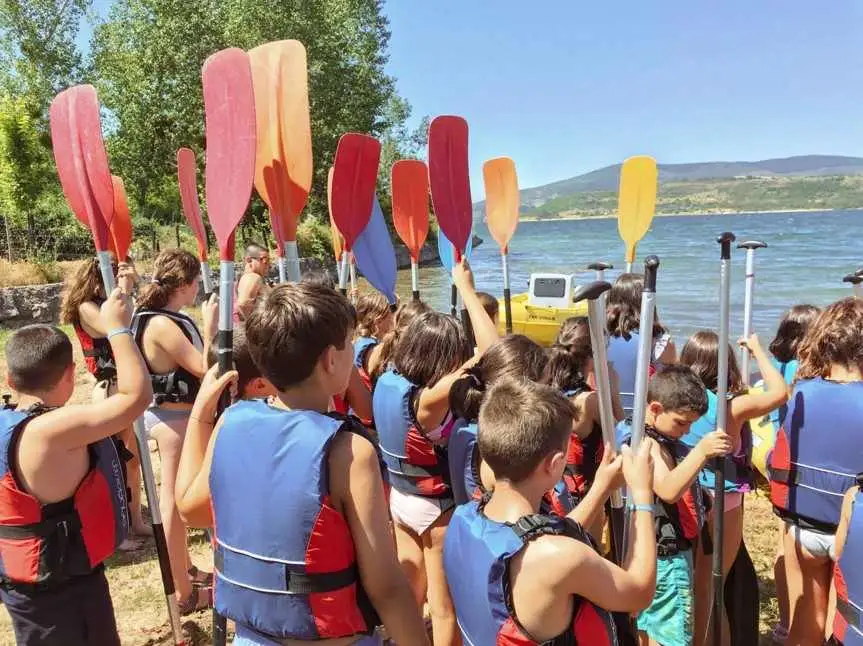In today’s global world, bilingualism is more than just a nice-to-have—it’s a powerful advantage. And when it comes to second languages, Spanish is one of the most useful and accessible choices for children growing up in the United States.
From boosting brain development to opening doors in education, travel, and future careers, here are the top benefits of learning Spanish from a young age.
Brain development and cognitive benefits
Children who learn a second language early show enhanced cognitive flexibility, memory, and problem-solving skills. Learning Spanish from childhood helps the brain form new neural pathways that support not only language acquisition but also academic performance across subjects.
Studies have shown that bilingual children often:
- Score higher on standardized tests
- Show greater creativity and focus
- Develop stronger multitasking skills
Natural language absorption
Young children learn languages intuitively and effortlessly, especially before age 8. At this stage, the brain is wired to pick up pronunciation, grammar, and vocabulary through exposure and repetition—without the fear or self-consciousness that older learners often experience.
It’s the perfect time to introduce Spanish through:
- Games and songs
- Bilingual books and videos
- Immersive environments like summer camps or bilingual schools
Improved academic performance
Bilingual children tend to perform better not just in language arts, but in math and science as well. Why? Learning a second language like Spanish enhances skills such as reading comprehension, logical thinking, and memory retention.
Plus, early bilingualism can lead to higher SAT scores and more advanced placement in high school language programs.
Cultural awareness and global citizenship
Learning Spanish helps children understand and appreciate diverse cultures, particularly those of Latin America, Spain, and even their local community. This cultural exposure fosters empathy, curiosity, and open-mindedness—qualities that will serve them well in an increasingly globalized world.
Future career opportunities
Spanish is the second most spoken language in the U.S. and one of the most widely spoken in the world. Mastering it from an early age gives your child a long-term competitive edge in fields like:
- Education
- Medicine
- Law
- International business
- Tourism and hospitality
- Diplomacy and nonprofit work
Stronger communication with family and community
For children with Hispanic heritage or family members who speak Spanish, learning the language creates deeper emotional bonds and a stronger sense of identity. It also allows kids to engage with their community in a more meaningful way.
It’s fun and confidence-boosting
When language learning is introduced early and positively, it feels like play—not homework. And as kids begin to understand and use a new language, they experience a real boost in self-esteem and motivation to learn more.
Beyond learning Spanish
Introducing Spanish at an early age gives children lifelong advantages—academically, socially, and professionally. Whether through school, bilingual childcare, travel, or immersive programs like international summer camps, now is the best time to start.
The earlier you begin, the easier it is—and the more natural it feels. And the benefits? They last a lifetime. But if you have any question or interest in learning Spanish in Spain, you can contact us and discover our Spanish summer camps.










